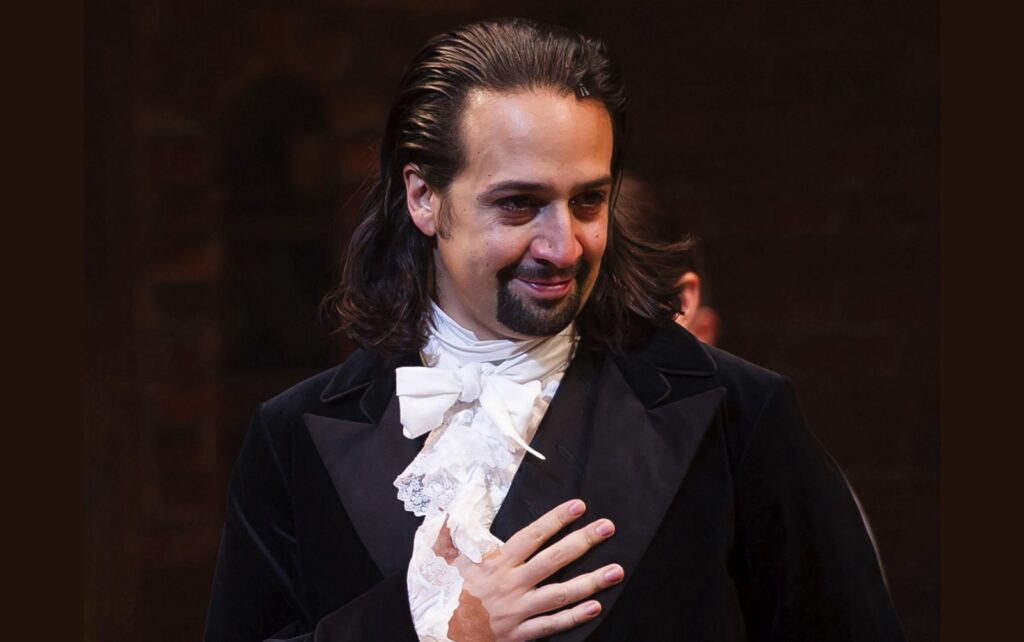By Paulo Camacho

“Hamilton” creator Lin-Manuel Miranda is best known for his uber-hit musical. However, he has influenced popular culture and modern politics in a number of ways.
July 9th, 2016 marked the end of a relatively short, yet truly fantastic run in the world of Broadway. It was an era marked by one man’s epic success, brilliantly weaving American history, modern hip hop culture, race politics and the importance of legacy into one unique experience.
The date marked the final time Lin-Manuel Miranda would star in his world-famous musical, Hamilton. What began as a piece Miranda created for the White House Evening of Poetry in May of 2009, had evolved to become a cultural phenomenon — one that had transcended the boundaries of race and traditional musical conventions. The 26-year-old New York City native has currently moved on to other career endeavours, such as composing and performing on the soundtrack to the upcoming Disney film, Moana.
Despite Miranda’s recent departure from his seminal work — one that earned him 16 Tony nominations, the Edward M. Kennedy Prize, a Best Musical Theater Album Grammy, the Pulitzer Prize for Drama, and the Drama League Award for Distinguished Performance (an honor, interestingly enough, that recipients can win only once in a lifetime) — he has been credited for influencing a number of cultural milestones that, quite frankly, would not have been possible without him.
For example, the writer of the musical about America’s first Secretary of the Treasury had a major influence on, ironically enough, the direction of our nation’s currency. Fans of the uber-popular musical surely know the story — there had been talks in recent years to change the faces on American currency, honoring a wider array of historical figures throughout American history. One such target was that of the ten dollar bill — the bill in which Alexander Hamilton’s face resides.
Because of the show’s skyrocketed fame, a growing number of people called for a movement to save Hamilton’s image on the ten, and, instead, sacrifice the face of President Andrew Jackson on the twenty dollar bill. The story was trending enough to reach the desk of one John Oliver and his show, “Last Week Tonight”:
The movement to put a woman’s face on the twenty dollar bill actually came to a close in April of this year, when Harriet Tubman was chosen to replace Andrew Jackson on the front of the 20. It should be noted that Jackson’s face would move to the back of the bill, when the change comes into effect. Fittingly, that will be four years from now — in the year 2020.
Miranda’s increasing influence has reached far beyond the realm of Americana — appropriately enough, it has reached his home country of Puerto Rico. Since earlier this year, Miranda has moved to help Puerto Rico unshackle itself from the crippling $72 billion debt crisis that has devastated its economy for years.
One such way he had found was working with State Senators Kristen Gillibrand, Charles Schumer, and Elizabeth Warren — along with other Democratic lawmakers — to push a bill in order to grant the U.S. Territory to apply for bankruptcy protection — a luxury that, based on a number of historical loopholes, they were unable to use in the past. Interestingly enough, it was the pulpit of John Oliver’s HBO show in which he pled his public case, in an effort to create awareness for his native country’s long-ignored financial crisis:
Then, there is Miranda’s deliberate, almost defiant use of casting, in order to make a statement about the way we look at history. Since its off-Broadway debut in January 2015, Miranda had made it a priority to cast people of color in the musical’s main roles — roles that, historically, were obviously Caucasian:
Our cast looks like America looks now, and that’s certainly intentional. It’s a way of pulling you into the story and allowing you to leave whatever cultural baggage you have about the Founding Fathers at the door.
Furthermore, its base message of cultural and political revolution speaks to today’s political climate like never before. Between its colorblind casting, its deliberate use of hip hop and rap battles, and its overall message praising the contributions of the immigrant populace in a country founded by like-minded foreigners seeking a better life, it serves as a beacon celebrating the prospect of multiculturalism.
Whether he meant to or not, Lin-Manuel Miranda started a social revolution. And, despite his recent departure from the vehicle he made famous, his influence on modern society will continue to be felt for years — perhaps, decades — to come.